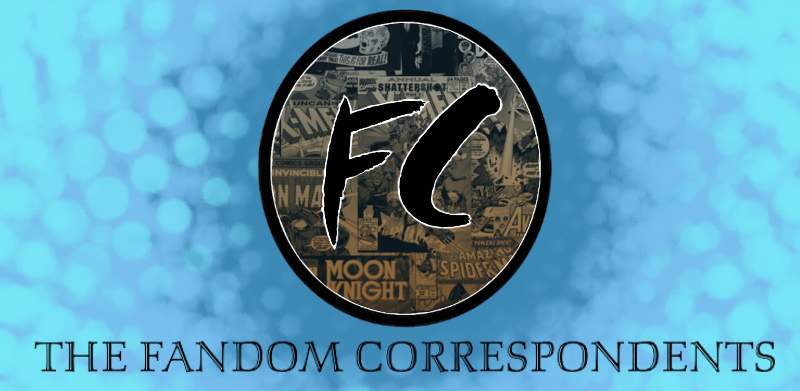Hello, and welcome to week 3 of Fandom Horrorfest 2020! It’s crazy that we’re already at 3 weeks into the spooky season. This week will focus on horror writers, their books, their film adaptations, and the contributions they have made to horror. We wouldn’t have many of our favorite horror movies and games if it weren’t for the writers behind them, so let’s spend a week devoted to the often unsung heroes of horror!
H.P. Lovecraft
Let’s get this out of the way: Lovecraft was a racist, sexist, homophobic garbage pile when he was alive. Often to the point that even some of his contemporaries said, “Wow dude, maybe tone down the bigotry.” So why is he on this list? Well two big reasons: 1) his prolificity is undeniable, as evidenced by the fact there’s an entire subgenre of horror bearing his name; and, more importantly, 2) he’s long dead. I’m of the personal and morbid opinion that as long as a person’s works do not actively harm people now, death is the act of flinging their life’s work into the universe for them to be enjoyed and unequivocally separated from the bigotry of their creator. Obviously, this doesn’t work for everyone, since some people’s works are actively antagonistic of people groups. However, as evidenced by the new HBO series Lovecraft Country, there’s to be gained and even reclaimed by an examination of ole HP’s work.
Lovecraft’s brand of horror life very much within the realm of existentialism and madness. This is understandable, considering HP’s own life was marked by several devastating incidents such as his father’s death in a mental hospital and series of depressive and psychotic episodes that plagued his life and the lives of several family members. Lovecraft is mostly known for creating the Cthulu mythos, a fictional world in which elder gods like Cthulu and Leviathan exist within adjacent dimensions to our world and influence the actions of individuals through mental illness and the occult. Lovecraft’s writings convey a sense of cynicism toward the world and an opinion of the insignificance of humanity in the larger scope of the cosmos. Think of your favorite horror media: if it involves the occult, the inclusion of cosmic entities, the influence of mental illness, or spooky tentacle monsters, then chances are it was heavily influenced by HP Lovecraft.
A sector of horror is known as Lovecraftian horror, but I’ve always disliked the label. The subject Lovecraft’s writings are really too broad, and his style changed too much over time to be truly thought of as consistent. Rather, by examining the central themes, one can see cosmic and existential horror having strong roots in HP’s writings. Basically, anything that causes fear by forcing people to question their place and importance in the universe can be considered Lovecraftian to most horror fanatics. For this writer, you all get two recommendations! The first is last year’s film Color out of Space, a direct adaptation of a famous Lovecraft story. It’s got Nicolas Cage, and if I can’t think of any actor who embodies cosmic horror as much as he does. Additionally, though not a Lovecraft story itself, 2018’s Annihilation feels like a Lovecraft story, is excellently made, and conveys those classic themes of existentialism and anti-anthropocentrism extremely well. Enjoy!

